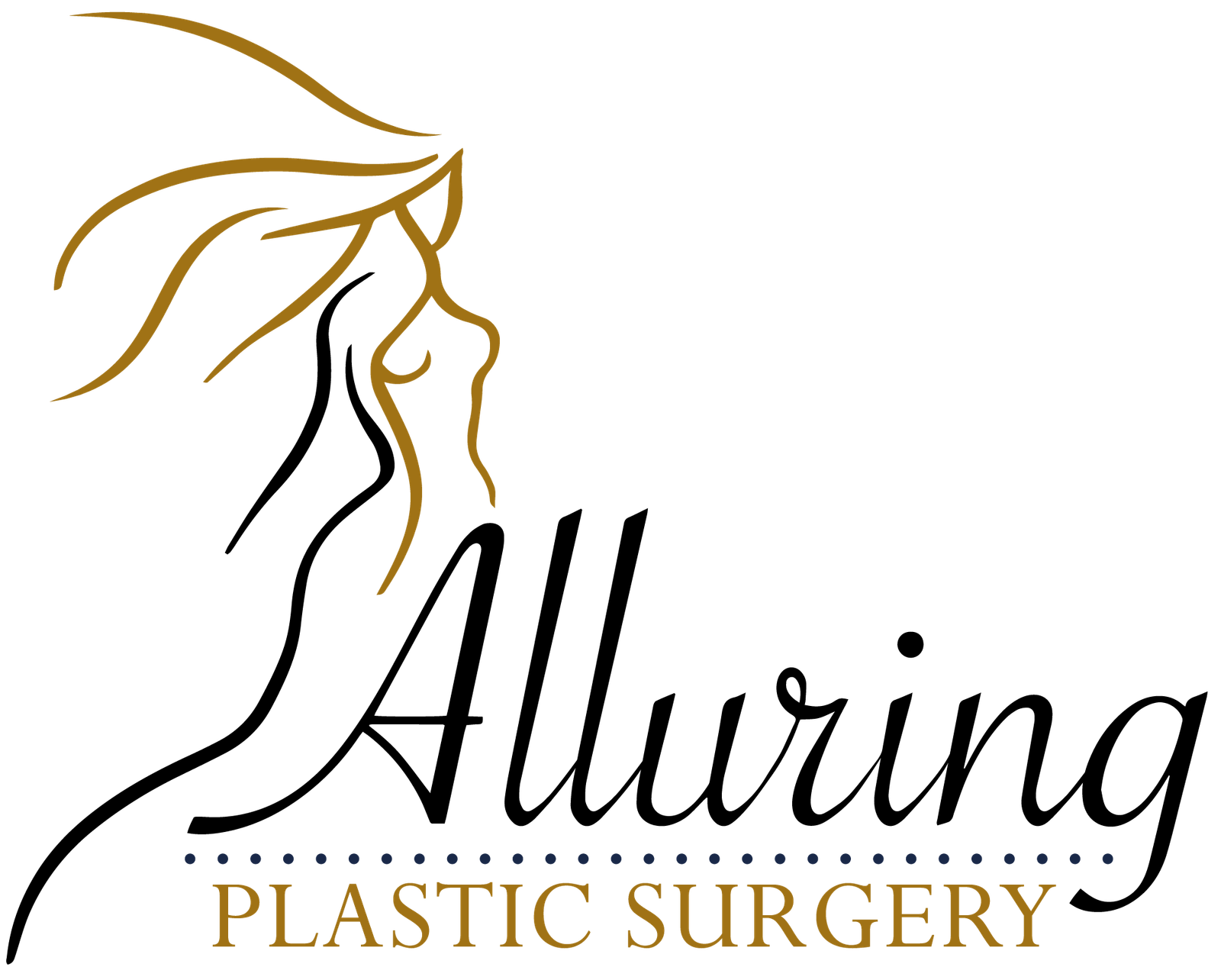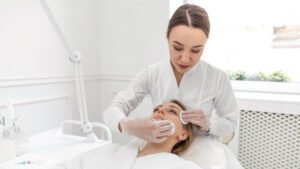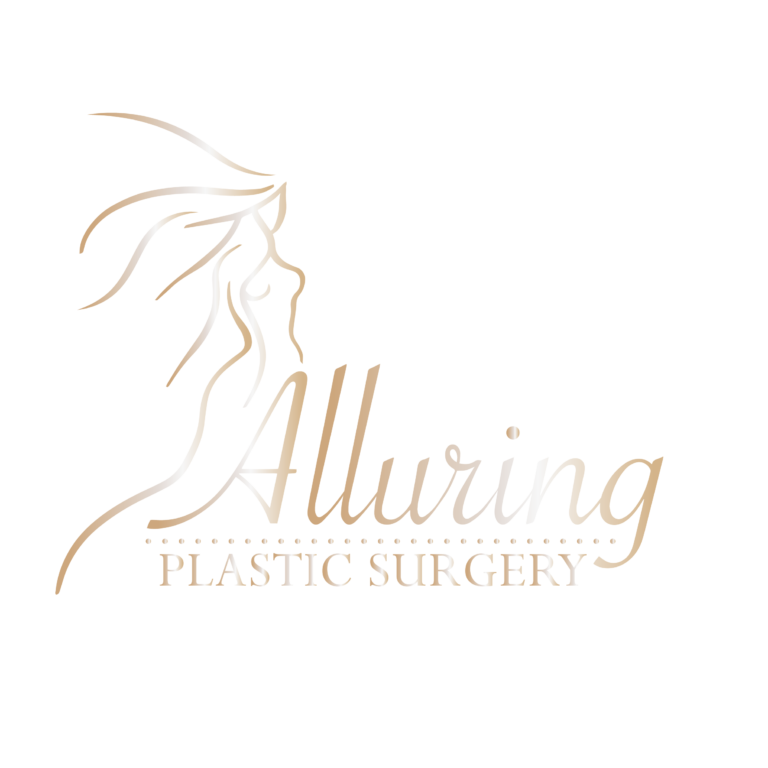Recovering from cosmetic surgery involves more than just healing from the procedure itself. It requires careful planning, adherence to aftercare instructions, and a focus on overall well-being. Here’s what you need to know about the recovery process to ensure a smooth and successful healing period.
1. Preparing for Recovery
Pre-Surgery Planning: Before your procedure, arrange for a comfortable recovery space at home. Stock up on necessary supplies, such as medications, wound care materials, and comfortable clothing. Also, plan for help with daily tasks and transportation as needed.
Understanding Expectations: Discuss the expected recovery timeline with your surgeon. Recovery times can vary based on the type of surgery, individual health, and complexity of the procedure.
2. Immediate Post-Surgery Care
Hospital or Surgical Center Stay: Depending on the procedure and anesthesia used, you may need to stay in the hospital or a surgical center for observation. Ensure you have someone to drive you home after discharge if you are not staying overnight.
Pain Management: Pain and discomfort are common after surgery. Your surgeon will provide pain relief medications and instructions. Take medications as prescribed and report any severe or unmanageable pain to your doctor.
Wound Care: Follow the surgeon’s instructions for caring for your incisions, including cleaning and changing dressings. Watch for signs of infection, such as increased redness, swelling, or discharge.
3. Early Recovery Phase
Rest and Activity: Rest is crucial in the early days following surgery. Avoid strenuous activities and heavy lifting. Follow your surgeon’s guidelines regarding when and how you can gradually resume normal activities.
Swelling and Bruising: Swelling and bruising are common and can vary in intensity. Applying ice packs as directed and elevating the affected areas can help reduce these symptoms.
Compression Garments: If prescribed, wear compression garments as instructed to help reduce swelling and support the healing tissues.
4. Mid-Term Recovery
Follow-Up Appointments: Attend all scheduled follow-up visits with your surgeon. These appointments are essential for monitoring your healing progress and addressing any concerns.
Gradual Increase in Activity: As your recovery progresses, you can slowly increase your activity level. Engage in light exercises and walks as advised, avoiding high-impact activities until cleared by your surgeon.
Diet and Hydration: Maintain a healthy diet rich in vitamins and minerals to support healing. Staying hydrated is also important for overall recovery and reducing swelling.
5. Long-Term Recovery
Monitoring Results: Full results of cosmetic surgery may take several months to become apparent. Continue to follow your surgeon’s guidance and be patient with the process.
Scar Care: Proper scar care can minimize the appearance of surgical scars. Use recommended topical treatments and avoid sun exposure to the healing areas.
Lifestyle Adjustments: Adopting a healthy lifestyle, including a balanced diet and regular exercise, can help maintain the results of your surgery and overall well-being.
6. Potential Complications
Recognizing Complications: Be aware of potential complications, such as infections, excessive bleeding, or adverse reactions to medications. Contact your surgeon immediately if you experience symptoms like severe pain, fever, or unusual discharge.
Mental Health Considerations: Emotional and psychological adjustments are also part of recovery. It’s normal to experience a range of emotions. Seeking support from friends, family, or a mental health professional can be beneficial.
7. Final Tips for a Smooth Recovery
Follow Instructions: Adhere strictly to your surgeon’s post-operative care instructions. They are tailored to ensure the best outcome and minimize risks.
Communicate Openly: Maintain open communication with your surgical team. Don’t hesitate to ask questions or express concerns about your recovery.
Be Patient: Recovery takes time. Avoid rushing the process and give your body the time it needs to heal properly.
Conclusion
The recovery process after cosmetic surgery is a critical phase that requires careful attention and adherence to medical advice. By preparing properly, managing pain and swelling, and following post-operative instructions, you can support a smoother recovery and achieve the best possible results. Always consult with your surgeon for personalized guidance and support throughout your recovery journey.








